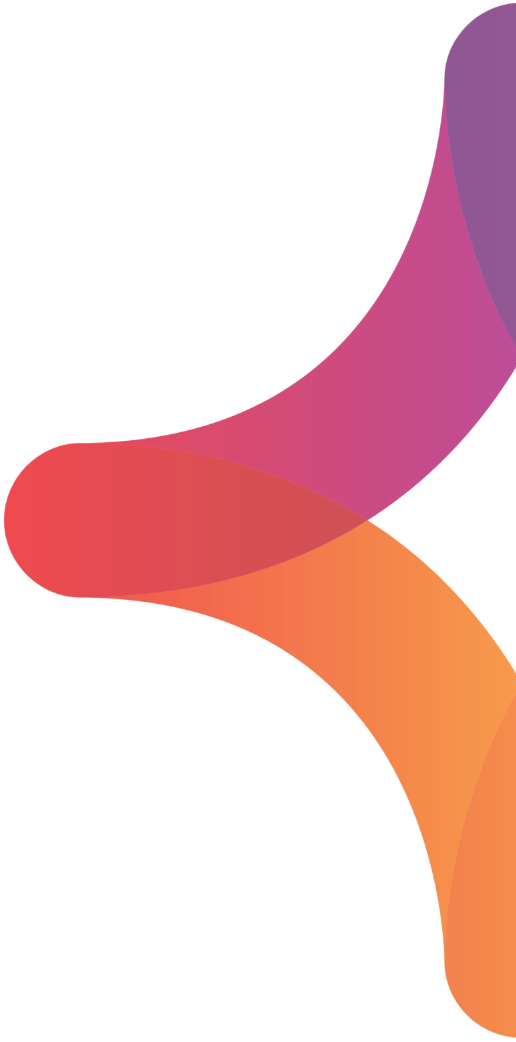
Over de Luuk de Vries
Vacatures
Momenteel zijn er geen vacatures binnen deze groep.
Bekijk alle vacatures
Contact
Heb je een vraag? Stel hem direct aan de Luuk de Vries groep
"*" geeft vereiste velden aan
Doneer aan het Herseninstituut
Hersenvrienden maken baanbrekend hersenonderzoek mogelijk
- Je steunt baanbrekend/innovatief hersenonderzoek
- Je steunt de Nederlandse Hersenbank
- Uitnodiging voor de Hersenvriendenlezing
- Exclusieve vriendenactiviteiten
- Kijkje achter de schermen van het Nederlands Herseninstituut
Doneren kan eenvoudig via
Je kunt jouw bijdrage ook overmaken op NL76 INGB 0002 1673 78 t.n.v. Stichting Vrienden van het Herseninstituut
Steun ons werk
De Stichting Vrienden van het Herseninstituut ondersteunt baanbrekend hersenonderzoek. U kunt ons daarbij helpen.
Steun ons werk